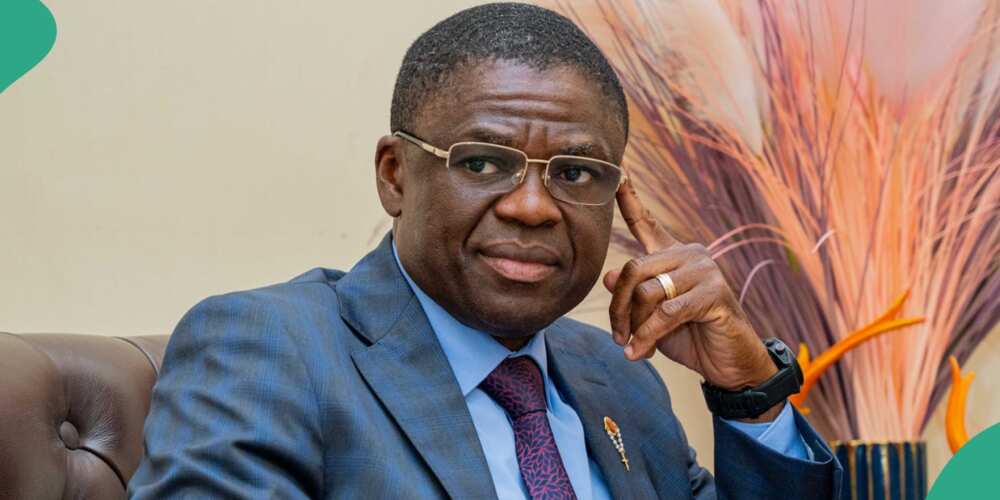On Tuesday, the Edo State House of Assembly passed a resolution directing Justice Daniel Okungbowa, the Chief Judge of Edo State, to establish a seven-person committee to look into the allegations of serious wrongdoing made against Philip Shaibu, the deputy governor.
During the session, 19 out of the 24 members voted in favor of the resolution.
Impeachment proceedings against Shaibu began on March 5, with the House accusing him of lying under oath and divulging government secrets.
Despite numerous attempts, the impeachment notice could not be delivered to Shaibu as he was reportedly out of the state.
When it became evident that physical service of the notice was not possible, the House served him the notice on March 12 through substitution by publishing it in three national newspapers.
The move to impeach Shaibu appears to be the most recent development in the disagreement between Shaibu and Governor Godwin Obaseki.
Tensions between the deputy governor and the governor have been apparent since last year, when Shaibu announced his intention to run for Edo governor.
Earlier, Speaker of the House, Blessing Agbebaku, informed his colleagues that the deputy governor had surpassed the seven-day deadline to respond to the impeachment notice.
Agbebaku stated that the impeachment notice was originally served on the deputy governor on March 6, 2024, but due to his alleged evasion of service, the House ordered substituted service.
He mentioned that the notice was published in the Vanguard newspaper on March 12, 2024, making March 19, 2024, which was Tuesday, the end of the seven-day period.
In a motion, the Majority Leader of the House, Charity Aiguobarueghan, and seconded by Nicholas Asonsere, representing Ikpoba Okha constituency, proposed that the chief judge be directed to establish a seven-person committee to investigate the petition against the deputy governor.
Aiguobarueghan stated that the motion was in accordance with Section 188 Subsections 3 and 4 of the constitution.
He pointed out that the deputy's failure to respond to the petition within the stipulated timeframe was also in line with the provision of Section 188 sub section 3, which clearly stated that the House must carry out its duty whether he responds or not.
He added, “This duty, as outlined in Section 188 Subsection 3 of the constitution of the Federal Republic of Nigeria, requires a motion to be passed in order to investigate the allegations if they are not denied.
Therefore, I am proposing a motion in accordance with Section 188 Subsections 3 and 4 of the constitution of the Federal Republic of Nigeria, which is not open to debate.
The motion entails that the notice served on the deputy governor alleging serious wrongdoing be sent for investigation and that the speaker instruct the Chief Judge of the state to form a seven-person committee to examine the accusations and promptly report its findings to the House.
Nineteen members of the House voted in favor of the motion.
In his comments, the Speaker of the House instructed the chief judge to establish a seven-person committee to investigate the petition against the deputy governor.



